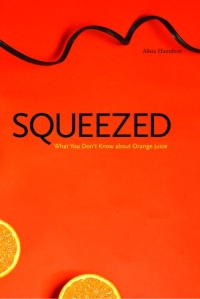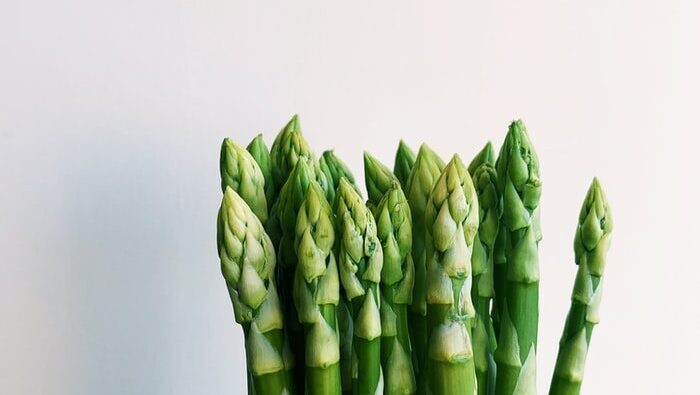3 min read
Written by Kim Bretz

I was reading a very interesting article in the LCBO’s Food and Wine magazine — no, not about wine — about citrus fruits and their juices. At first I just found it a fascinating article about the history of citrus fruits but then the article switched to describing what ‘not from concentrate’ meant in orange juice — and I have to say it surprised me. Many people believe it to mean fresh squeezed.
Orange juice from concentrate is squeezed, pasteurized and filtered. Then it is evaporated to remove most of the water content. Some of the essences & oils extracted during that process may be added back to restore flavour prior to packaging and shipping. And in the home, the consumer will add water to rehydrate the product. Most people that I talk to view this as inferior orange juice compared to the ‘not from concentrate’ versions.

Orange juice that is not from concentrate is squeezed, pasteurized and filtered but at that point most of the large orange juice producers will put that orange juice into aseptic storage where the oxygen is stripped from the product and can be left for up to a year. Before the product is packaged and shipped, a ‘flavour pack’ is added to the product to ensure all the orange juice from a company tastes the same no matter when or where the oranges were grown or even what type are used.
Because ‘flavour packs’ are made from essences of the orange there is no legal reason for the companies to write anything but 100% orange juice on the label.
But people are feeling duped by this process and because of the marketing being done by certain companies, lawsuits have started to crop up. A California woman is suing Tropicana for the marketing used in the best-selling orange juice, Pure Premium, which includes the words “100% pure & natural” and has an orange with a straw coming out of it on the packaging.
The plantiff, Angelena Lewis, says the head company PepsiCo puts the product through extensive processing, adding aromas and flavours that changes its ‘essential nature’ and gives it a longer shelf life. She adds that “this deception lets Tropicana charge more than its rivals and helps fuel more than $5 billion of annual sales worldwide”.
For more information on the business of orange juice you can check out the book: Squeezed: What You Don’t Know About Orange Juice by Alissa Hamilton, a former food and policy fellow at the Institute of Agriculture and Trade. You can also see her being interviewed by CBC’s Nancy Wilson at How Pure and Natural is Your Orange Juice?
